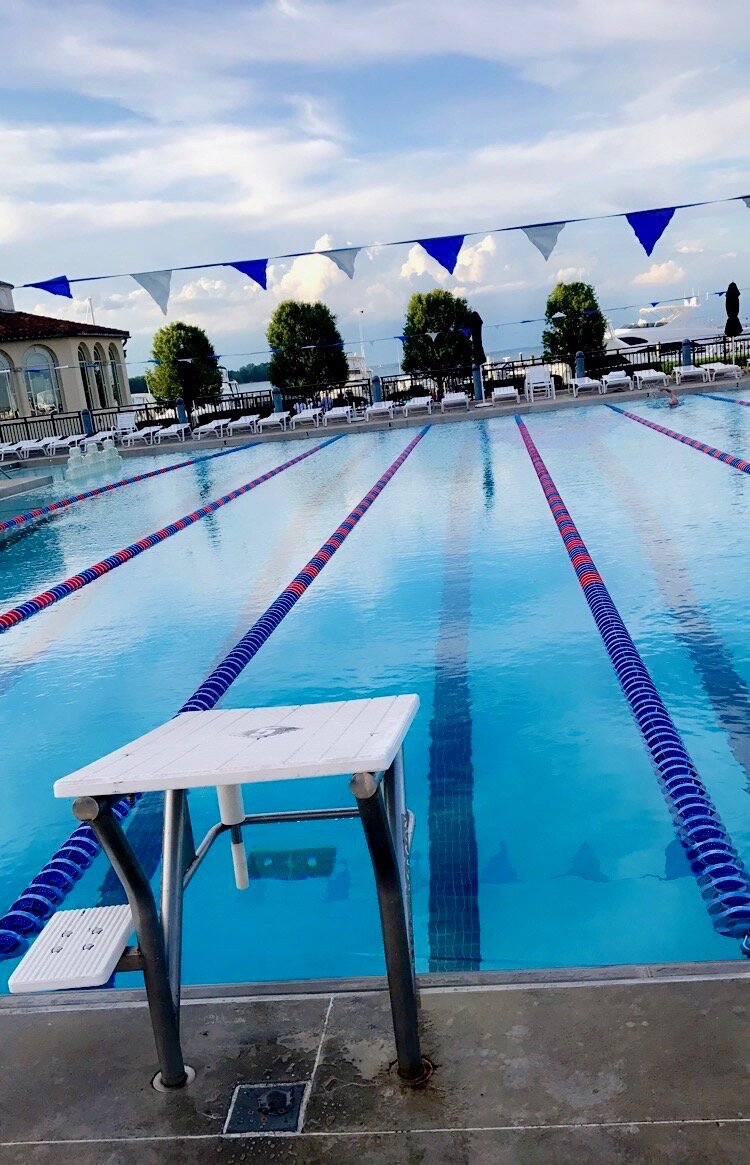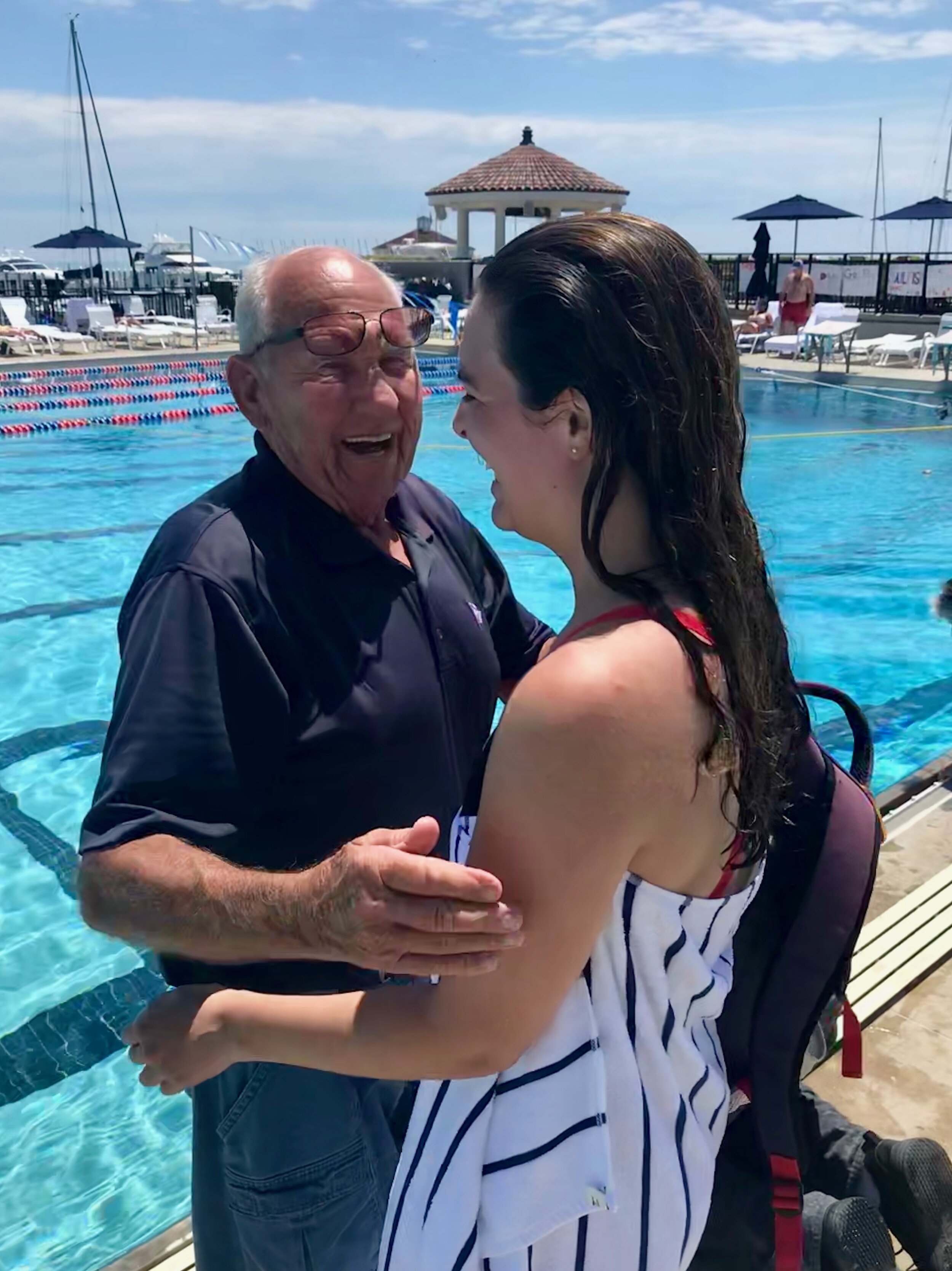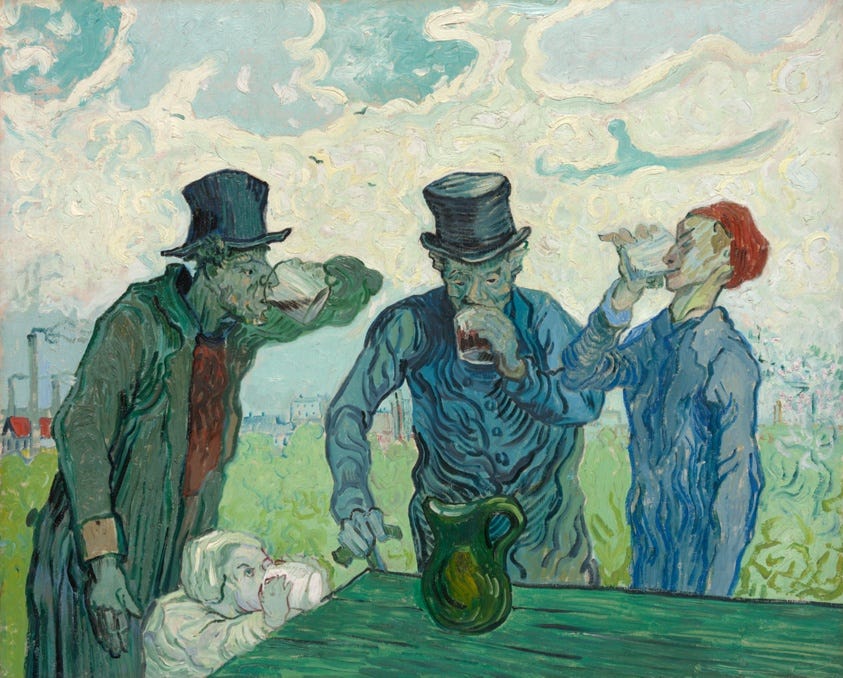Everyone on the team got a participant trophy at the end of the season no matter what.
At the end of each of my dance or piano lessons, I would get a sticker for merely attending even if I gave an awful performance. If I paid attention and was decent, I would get two stickers.
That is the “Trophy Generation”.
Millennials, or anyone born after 1981 through 1997, grew up receiving participation trophies just for showing up. People between the ages 23 and 39 have a room full of trophies somewhere for no reason at all. This trophy collection has rendered millennials unfit for work. Because of it they were coddled as children and are now entitled. In actuality, they never asked for these trophies. According to self-determination theory, rewards can create motivation. However, these extrinsic incentives didn’t create an intrinsic driving force to improve.
Growing up playing sports, I understood the difference between the recognition of participating and first place. I knew that I wasn’t a natural. I would compare my efforts to those next to me and realize I couldn’t perform as well as them. I had to put forward the effort and extra time during practice to perform well enough. Because I perceived myself as lacking the raw talent of my peers, after each season, I found myself desiring to be the most improved. This meant focusing my attention on my personal growth.
I had a love-hate relationship with swim trials at the beginning of each summer season.
My times would always be drastically worse than my personal best of the previous year. I would use those to fuel momentum to not only get back to where I once was but to surpass it. With hard work, listening to the coach, and showing up every day, twice a day. These starting times were seen merely as that, baseline data to improve upon during the season ahead.
This incentivized me. It pushed me to want to improve more rather than be complacent or entitled to a trophy. I learned early on to seek feedback to improve my abilities.
I knew I wasn’t the indispensable “most valuable player”. I figured being the one who leaped up the learning curve still counted in the eyes of my coach, my team, my parents, and most importantly myself. I started to understand how to define my improvement with the help of my coach.
Coach Michalik was my first swim coach when I was seven years old and taught me how to be a competitive swimmer and to value improvement. I nearly lived part-time at the pool during my childhood growing up, every day twice a day until I was 17. “You didn’t join the synchronized swimming team” he’d say. Coach Michallik got irritated at me because he wanted me to put all my efforts into making the most effective stroke. To race against the clock.
Incrementally he gave me the tools to improve. In races, everyone who could dive off of the block had an unfair advantage of a head start against me. Coach Michalik stayed after practice to help me conquer this fear of the dive. While swimming backstroke, I kept banging my head on the wall at the end of every race, so he helped me master my stroke count. When I was nervous before races, he showed me breathing techniques to blow out the butterflies. I could hold my breath longer than everyone else.
I trusted that if I put the time to show up trying my best every day, I could qualify for the preliminary finals at the end of each summer season. I did. Coach believed more in my efforts than I did myself. He always looked out for how I could improve. These efforts transitioned into my own hands to personally desire progress season after season.
At the end of the summer, I received “rookie of the year”. I didn’t know what that meant, except that I wasn’t the MVP. Coach told me it meant my hard work didn’t go unnoticed. It signified being the top-performing athlete during my first season swimming. This recognition meant the world to me.
The trophy wasn’t the point though. It made me realize that people can be rewarded for their improvement even if they start out being the weak “blade of grass” (as my dad called me) on the team. I showed up to big kid practices with my older brother because after sailing I missed the practice with my age group. I tried my best to keep up with my lane, but it was humiliating to be lapped.
Through participating day in, day out, my effort put in to improve during the process mattered, and not just the outcomes.
What if instead of “trophy”, it was replaced by “feedback”? If we look at it from that perspective, then I would say that millennials are the trophy generation. Millennials crave feedback and seek out guidance on how to succeed. They’re facing an uncertain economic future and need all the support they can get to gain the experience, knowledge, and skills that are needed. Instead of thinking of millennials as expecting special treatment, think of them as expecting treatment that everyone deserves: respect and consistent feedback.
The underlying lesson correlates to that of Ray Dalio’s book Principles that he defines as, “fundamental truths that serve as the foundations for behavior that gets you what you want out of life.” They are endlessly applied during similar situations to help achieve goals. A principle I live by since growing up swimming is to strive for being most improved, instead of MVP and comparing myself to everyone else.
Growing up as part of the trophy generation pushed me to learn to search for intrinsic motivation after learning from my coach to concentrate on my personal growth.
A special thank you to my editors for helping me to make my writing the best it can be: Charlie Bleeker, Juan David, and Hal.



